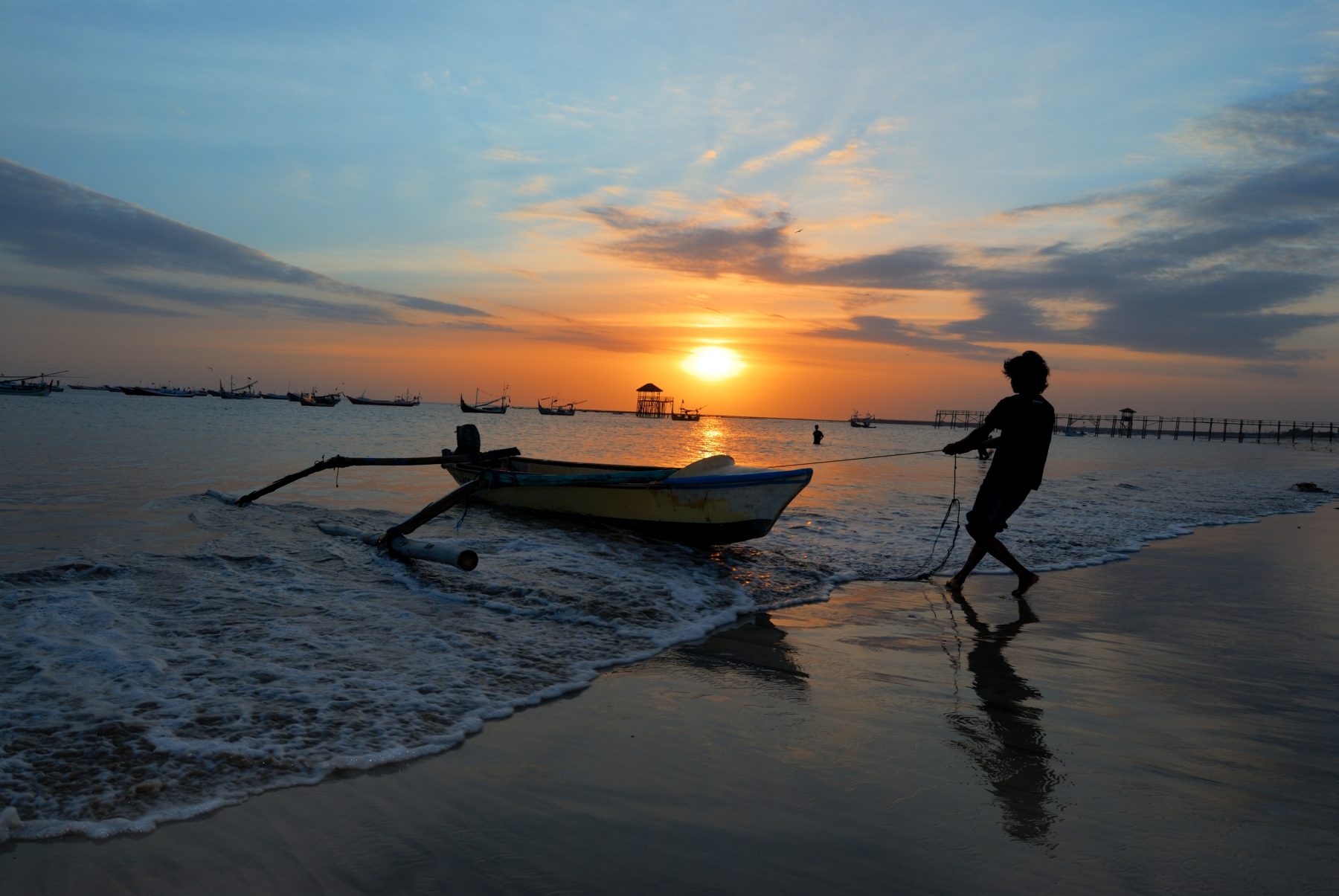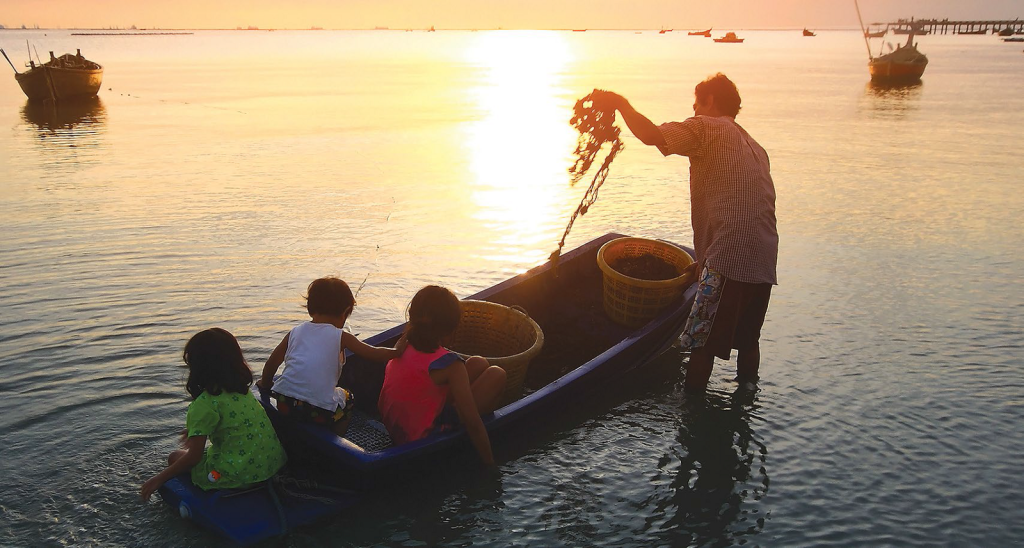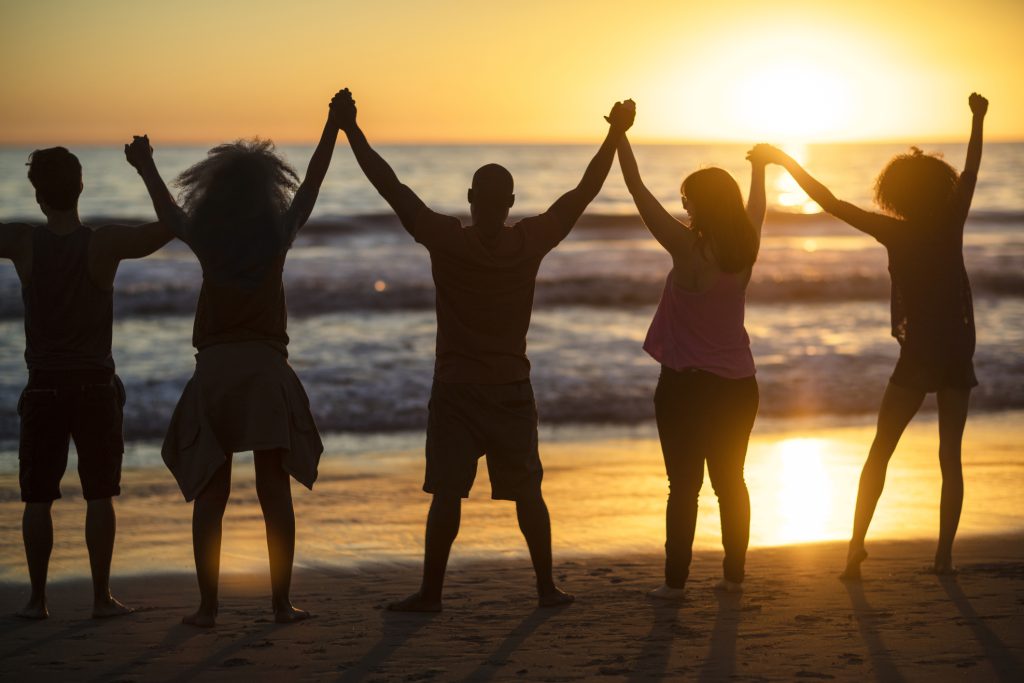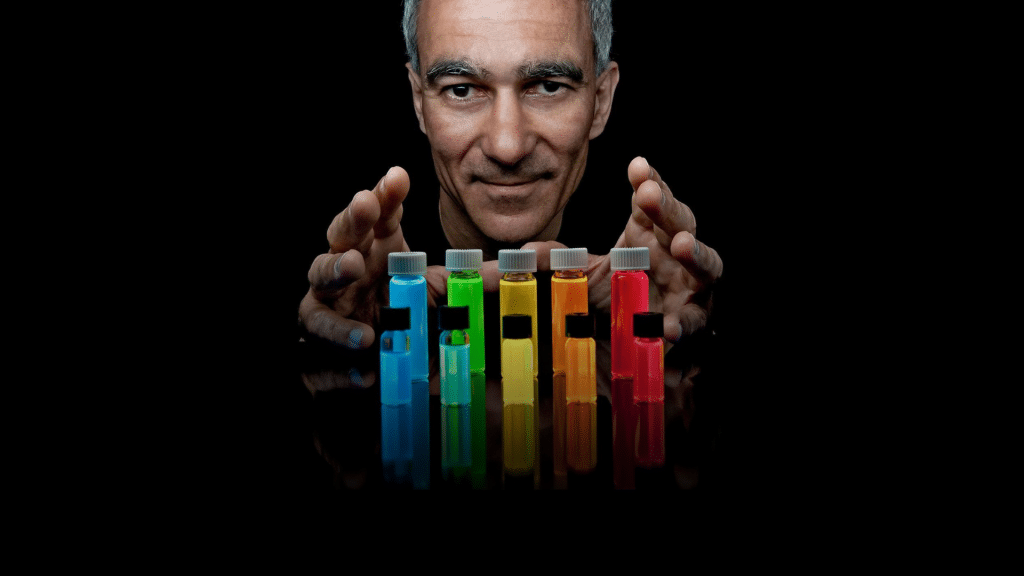The need to physically separate ourselves from others has been a major theme in this time of COVID-19. Now, the ongoing acts of violence and social injustice in the United States and around the world are adding to our feelings of isolation and concern about the future.
On World Oceans Day 2020, now is the time for all of us, including our ocean community, to step up collectively with a much stronger commitment to doing the hard work necessary—both within our organizations and in our work around the world—to foster equity and inclusion and address injustices in authentic and meaningful ways.
At the David and Lucile Packard Foundation, we embrace the idea that humans are not only connected to each other, but also intimately connected to nature. Our health and well-being are interconnected with the health and well-being of our natural world: the air, lakes and streams, forests, soil—and the ocean.
Ocean health may seem far removed from the global pandemic and headlines of violence and racism, but the health and resiliency of our ocean is more important now than ever before. A healthy ocean is central to life on earth. The ocean delivers the oxygen we breathe and regulates our climate by trapping a quarter of the carbon dioxide emitted by factories, vehicles, and other polluters. Yet, low-income communities and communities of color around the world are on the front lines of the devastating impacts of climate change and social injustice. As COVID-19 causes turmoil around the world, the populations that have the least are suffering the most.
Nearly 40 percent of the world’s population depend on marine and coastal resources for their livelihoods. A recent survey found that more than 9 in 10 people across the United States, China, Japan, Indonesia, Mexico, and Chile, believe that the condition of the ocean is important to their country’s economy. A healthy ocean is also critical to food security and nutrition, especially in some of the most food insecure places on earth. We must support and implement policies that ensure coastal communities benefit from this vital natural resource, now and for generations to come.
Illegal fishing has been tied to horrific human rights violations, including forced labor, human trafficking, and other abuses around the world that target communities of color already struggling with low income and food insecurity. Efforts to make the seafood supply chain more environmentally sustainable have uncovered the imperative to address human rights in our seafood systems as well. One cannot move forward without the other.
As we confront today’s realities, and do the hard work to understand and change the systems that perpetuate social injustice and undermine nature’s ability to support human life, we will need the ocean and everything it has to offer to support recovery and rebuilding efforts. And, as we move forward, we must examine the work we are doing and ask ourselves, “How can we build a better future for people and the ocean?”











